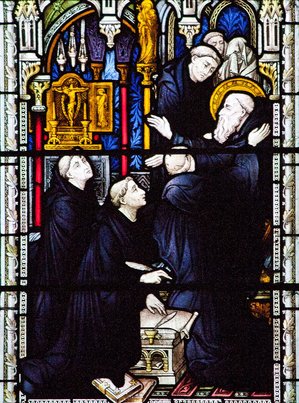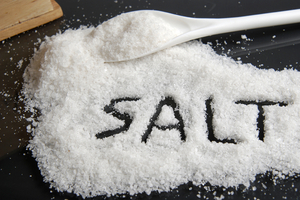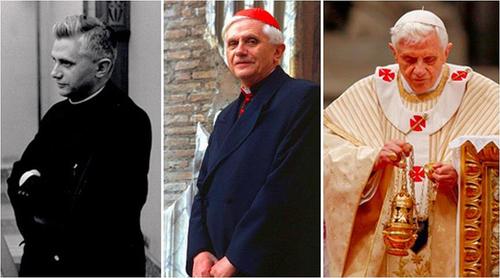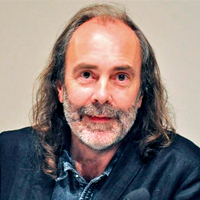Today in 725, Saint Bede the Venerable, the sole English Doctor of the Church died, at his monastery in Jarrow. His liturgical memorial is kept today. Here is the account of his death.
“On Tuesday 24th May 735 Bede took grievously ill but continued to teach, he cheerfully suggested to his pupils that they learn quickly as he may not be with them long. The next day Bede taught until nine in the morning. He then dictated part of his book to Wilbert. That evening Wilbert said to Bede “Dear master, there is still one sentence that we have not written down.” Bede said “Quick, write it down.” Wilbert then said “There; now it is written down.” Bede replied “Good. You have spoken the truth; it is finished. Hold my head in your hands, for I really enjoy sitting opposite the holy place where I used to pray; I can call upon my Father as I sit there.”
“And Bede then as he lay upon the floor of his cell sang the Gloria and as he named the Holy Spirit he breathed his last breath. His only possessions – some handkerchiefs, a few peppercorns and a small quantity of incense were shared amongst his brother monks as he had wished.















